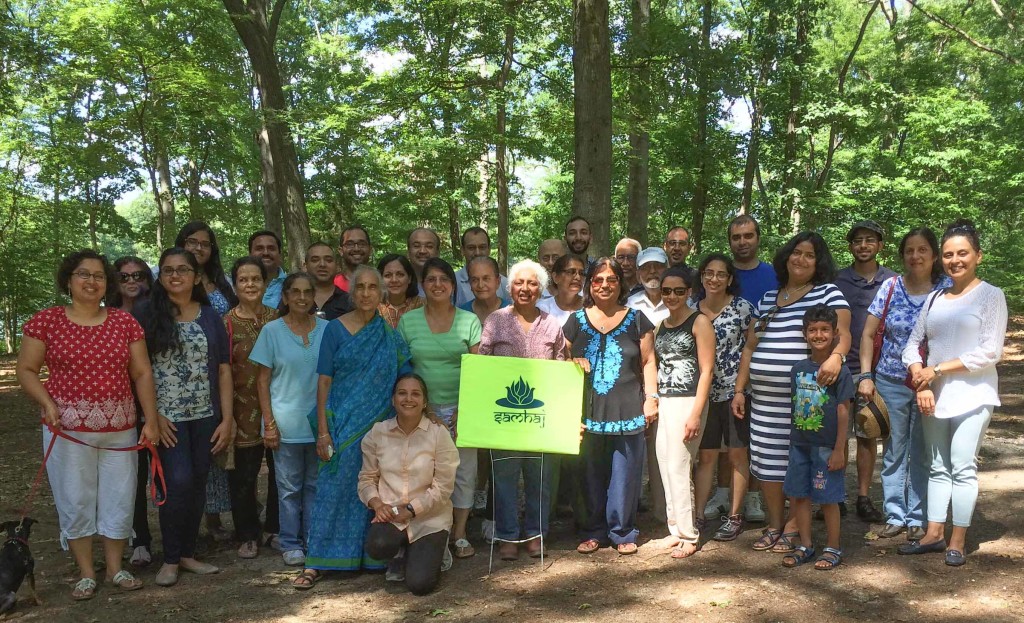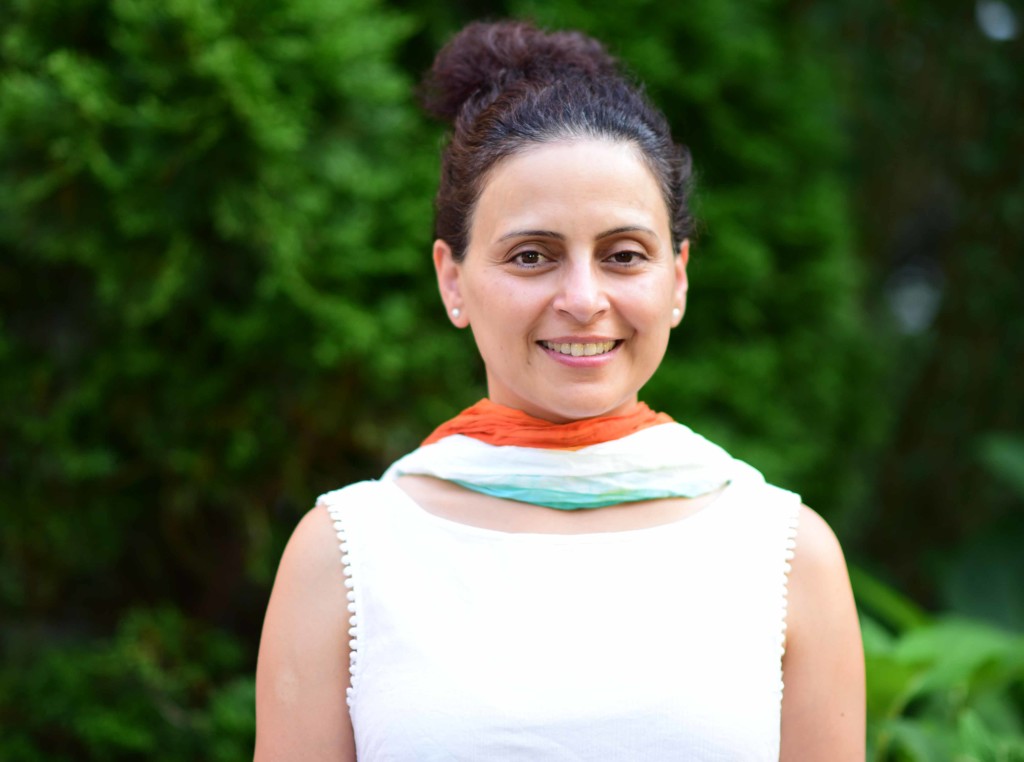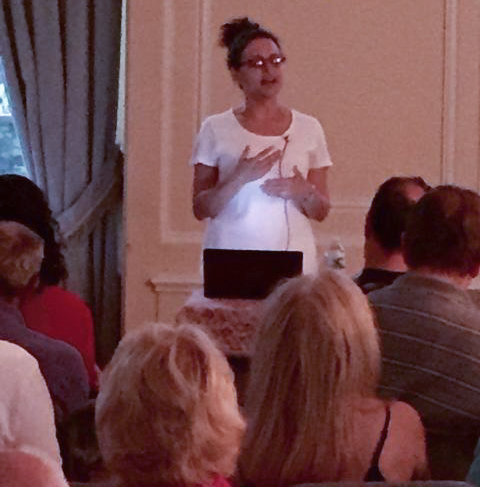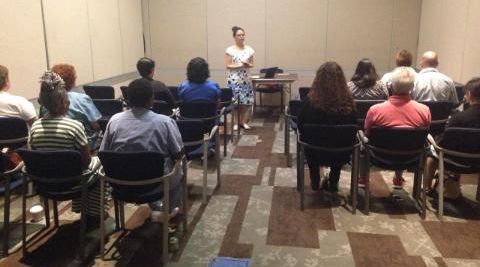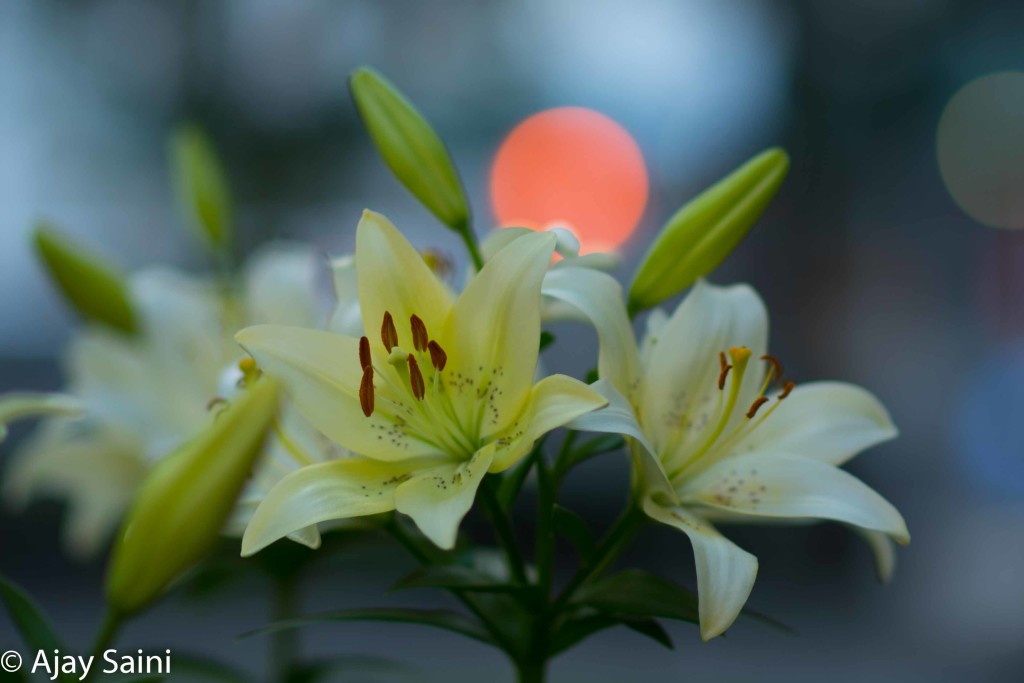
Craving for love could be a long journey, at times painful, especially if we don’t know how to love ourselves. But we still want to feel loved. In the process, we forget that each one of us have our own journey to complete, our own feelings; struggles; actions; thoughts; behaviors; choices and a very individualized way of connecting with the world.
In our daily lives, we look for love from family; friends and people in general in different ways and at different places. Few examples – appreciation at work; recognition in community; respect at home; a smile/nod from a stranger; a hug from a child; a kiss from a partner; a warm welcome from a pet after a workday; and the feeling of peace when surrounded with trees/water/stars and so on.
All of us have this simple need of love to be happy whether we openly accept it or not. We go through various stages in life where we test and try our beliefs which we have gathered through our life experiences so far. Sometimes we get accepted/rejected by ourselves and others. Instead of getting upset/happy, do we stop and think that why we are being accepted/rejected?
We fluctuate in our need for love and happiness on daily basis as well as throughout our lifetimes. Yes others can help us to feel good at times. However the ongoing feeling of love and happiness got to come from within us. To find that spot, we need to be aware of ourselves inside-out and self-reflection is a great tool to achieve that. If we are not aware of our own needs or should I say mood swings then how can we take care of ourselves? And if we can’t take care of ourselves then how can we be genuinely there for others whether it’s co-workers/teams; Family; friends; community? When we continue to ask questions like these and constantly look for answers, we take an additional steps towards accessing our great wisdom.
When we live mindfully, we refine our thoughts; behaviors and actions. We continue to work towards the ultimate goal of being happy, feeling it at the cellular level. When we reach this stage of being happy, we become pure; unattached and full of compassion! And then the real loving and giving begins. The more we give the more we become happier. “You want to be immediately happy, make someone happy” without any expectations – Dr. Deepak Chopra. Try it!!
After achieving the happiness stage, being happy becomes our nature. We become pure; our vibrations change; we attract more happy people around us and the happiness multiplies.
Originally happiness was not dependent on anything or anyone. We just need to go back to our original nature. Happiness is like that free floating particle/atom, for which we might not have a complete explanation but we know it’s there ~
